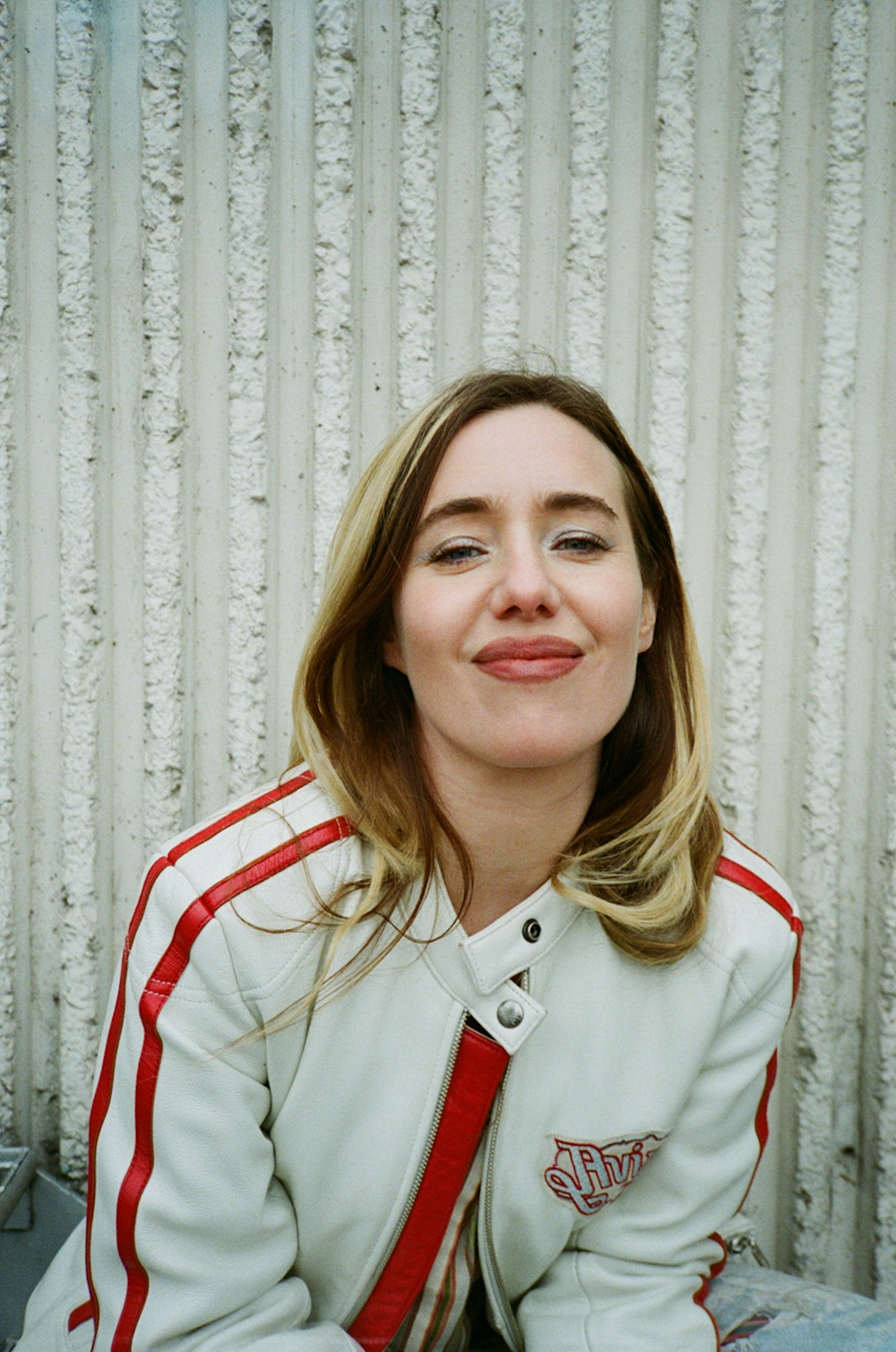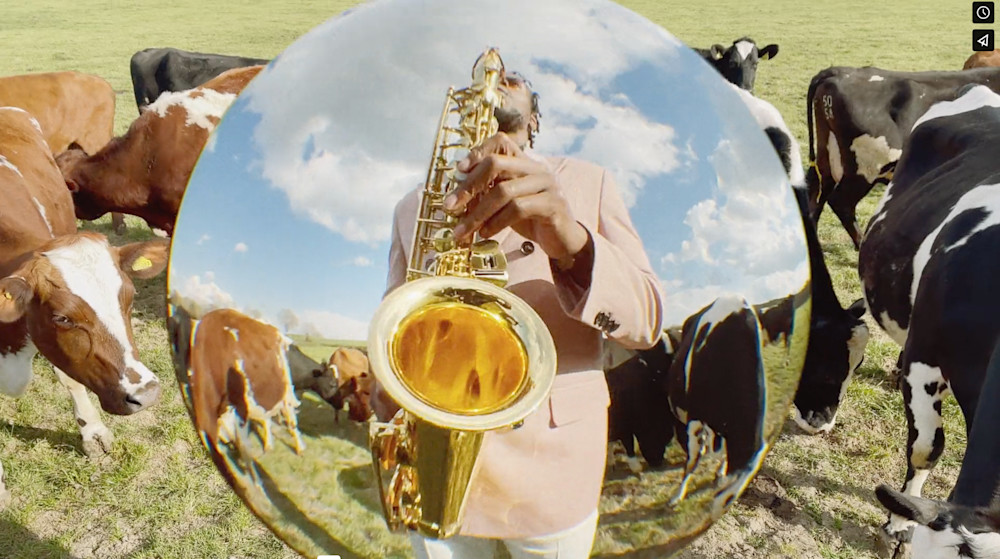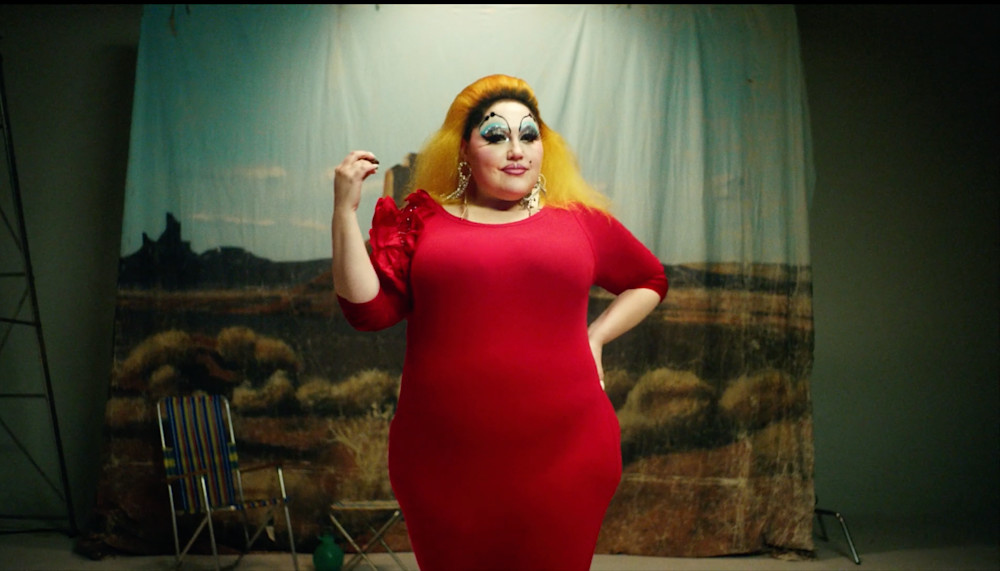Ask the Director: Lucy Luscombe
It’s just about having vision and being able to communicate that vision to your team.

How did you find your visual language?
My visual language is an amalgamation of different films, directors and artists I love in addition to some experimentation/mistakes/surprises. I feel the idea of ‘visual language’ can be extended to how you capture people and performance which I try to keep at the heart of everything I do; capturing who someone’s essence is what lights up the frame.
What do you like about your job?
The collaboration in pre production and camaraderie on set, the magic moments when there’s a focus and rhythm to the shoot. The high stakes, surprises and privilege of being able to realise something that’s in your head and working with talented people who help you achieve it. The rollercoaster of a production is quite exhilarating, I guess I quite like the stress of it all, I find it fun.
Where do you get your inspirations from?
My studio @_H_Q_I_ where I have the privilege of working alongside other artists across different practices. Parks. I spend a lot of time in parks where I untangle ideas. I think that inspiration / flow state comes from focussing on the story / concept at hand for a period of time and then switching to another task or activity through which the inspiration seems to emerge.

What's your process from the idea to the final film? What' s your creative process and what tools do you use?
It differs from project to project but if it’s narrative then I tend to have a period of ‘free writing’ which is just sketching dialogue or story on my iPhone (I find moving around the city helps a lot with this initial process) before sitting down and trying to create a structure or form. I spend as little time as possible in front of my laptop as it kind of kills my creative process. I tend to ‘draw’ a script, idea or character out which entails trying to create a shape to the story or character, I find this kind of lateral thinking a lot more productive than a blank page on a screen.
Moving on from the idea stage, casting is really important to me; I like to try and capture something nuanced and surprising on set so it’s helpful to know how spontaneous a performer is beforehand or whether they can simply just be themselves under the given circumstances . Then when it comes to shooting I like to over prepare for various scenarios and have a deep understanding of what we’re doing with all the HODs before creating a loose feeling on set so we can alleviate pressure for the performers.
How to start the creative process and tools you use.
Oh dear. I wish I could give you a simple recipe that I follow and that always works. I don’t have one. But let me try. As a director we get involved in a project either at the conceptual stage or when there’s already a concept. My first question is: What do we want to communicate? What is this all about? What’s the “story”? I break down the concept. From that point on, we play with ideas in which different directions the concept could be taken to work for the client and still be something cool (which is not a given in advertising ;) We play around with the puzzle pieces and slowly shape “a story”. So the tools I use are mainly rational analysis and imagination.
Are there differences in planning a project like a short film and a commercial? Where do you have more artistic freedom? What do you like more?
Well a short film exists as a form of creative expression versus a commercial in which there is a target audience, client and product. The limitations of both a short film (budget) and a commercial (strategy) are a part of the creative process in that the solutions often develop the idea. I don’t think having boundless freedom budgetary or creatively is necessarily helpful.
How can women stand out in the male-dominated film industry?
There’s a whole generation of talented women coming up which I’m really excited about. I would say that they just need to trust their instincts and not feel pressured to revert to type or predeterminded ideas of how a director should be. It’s just about having vision and being able to communicate that vision to your team.

Selection of your favourite movies?
Morvern Caller, Red Road, Husbands, Lilya 4 Eva, Funny Pages, A Room For Romeo Brass, Whatever Happened To Baby Jane, Five East Pieces, The Piano Teacher,
Cool instagram accounts?
@_h_q_i_ @a.flamenco.catharsis @2girls1bottl3




